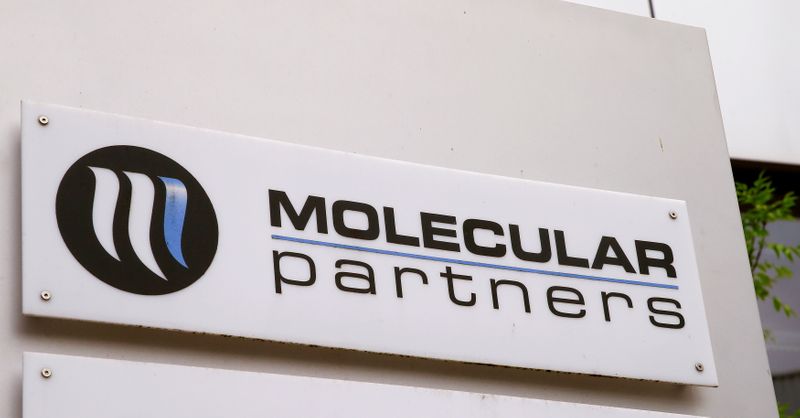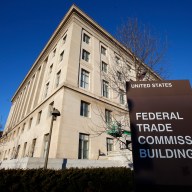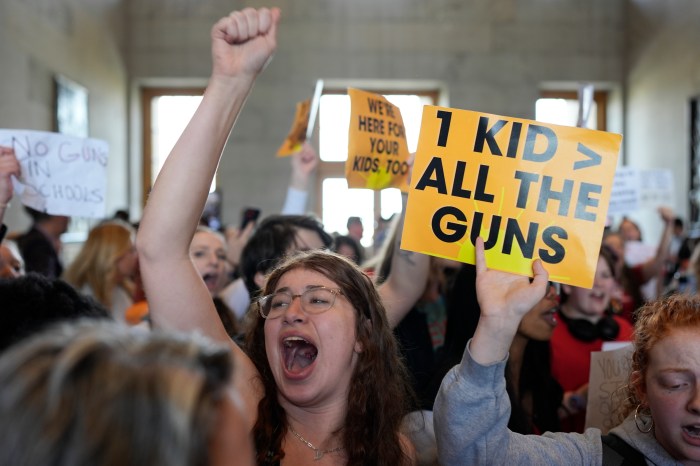ZURICH (Reuters) – Molecular Partners aims to test its COVID-19 drug candidate on people later this year, Chief Executive Patrick Amstutz said on Friday, as the Swiss company hopes that project will help it recover from the failure of its eye drug abicipar.
The U.S. Food and Drug Administration declined to approve the drug for macular degeneration, citing concerns over high rates of inflammation that tarnished its risk-benefit profile.
Molecular Partners signed a deal in 2011 that made it eligible to future payments of up to around $1.5 billion from its partner AbbVie, but only if the drug was a success.
Amstutz, who called the FDA snub of abicipar a “very disappointing moment”, said Molecular Partners remains well-financed into the second half of 2021, despite the fact that a big milestone payment now will not come.
Investors took fright, with the company’s stock losing 40% by 0715 GMT.
In April, Molecular Partners initiated an COVID-19 program for one of its other drug candidates, and now expects to start human trials in the second half of the year.
Given abicipar’s uncertain future — AbbVie has pledged further talks with U.S. regulators — the experimental drug against the new coronavirus has emerged as Molecular Partner’s best hope for a quick rebound.
“We’re now in preclinical trials, and to our knowledge, we have one of the most-potent anti-COVID drugs,” Amstutz told reporters and analysts on a call.
He said his company still has options for securing additional financing, including more partnering, and never considered the hoped-for AbbVie payments as part of its long-term planning to keep Molecular Partners afloat.
To cut outflows the Schlieren-based company will reduce investments in two experimental molecules, one drug against multiple myeloma in a Phase 2 trial and another, earlier-stage drug against HER2-positive tumors. It will instead focus on the COVID-19 project as well as an oncology partnership with Amgen, Amstutz said.
(Reporting by John Miller; editing by David Evans)



















